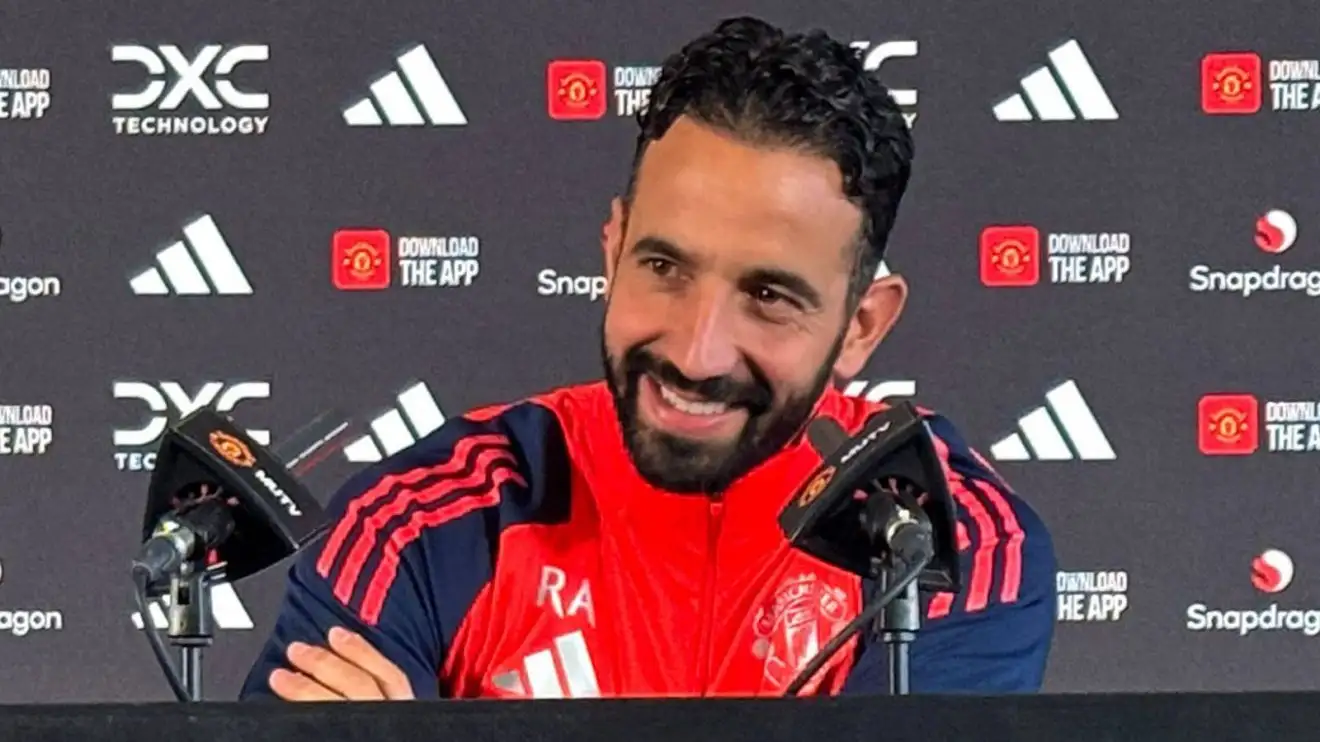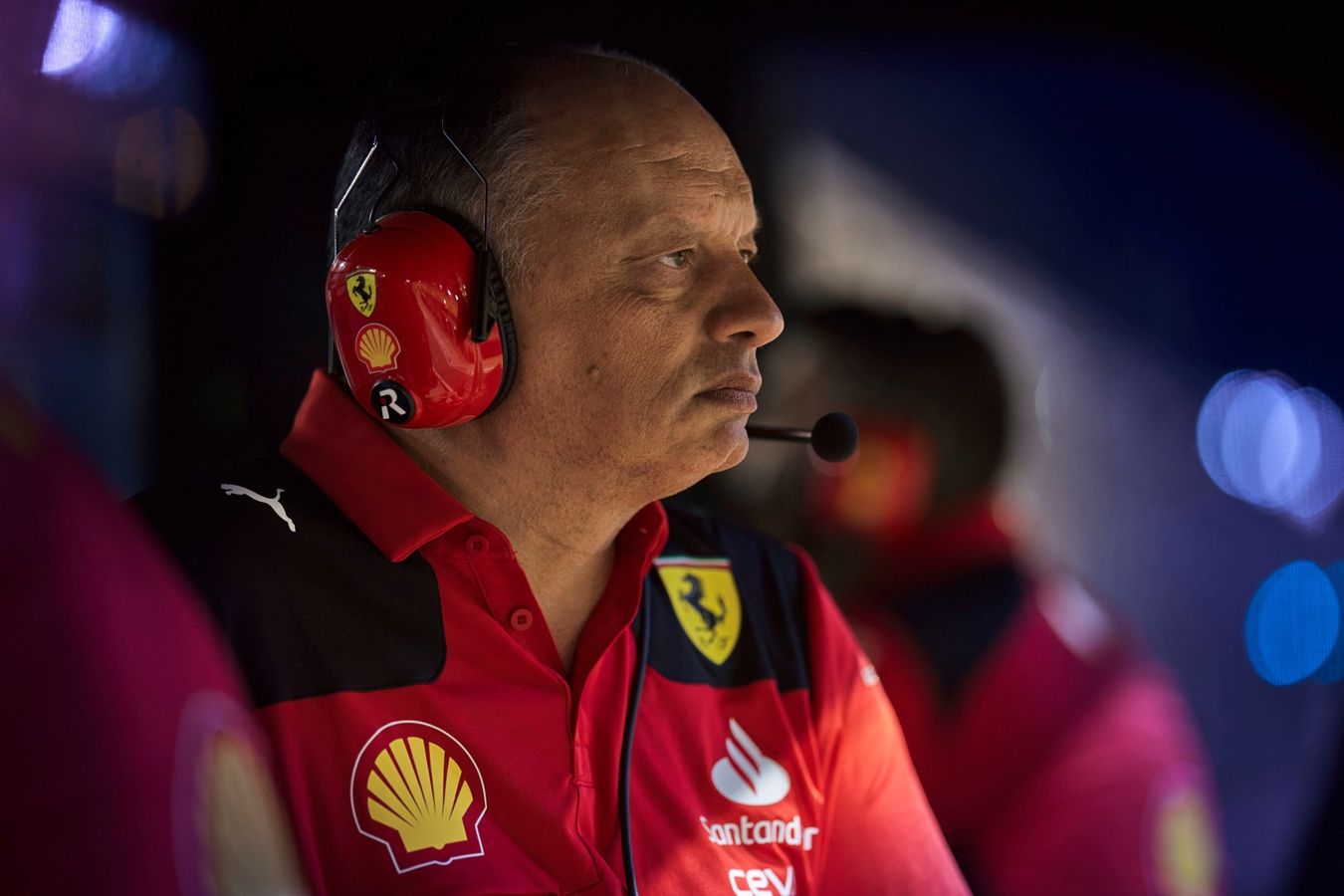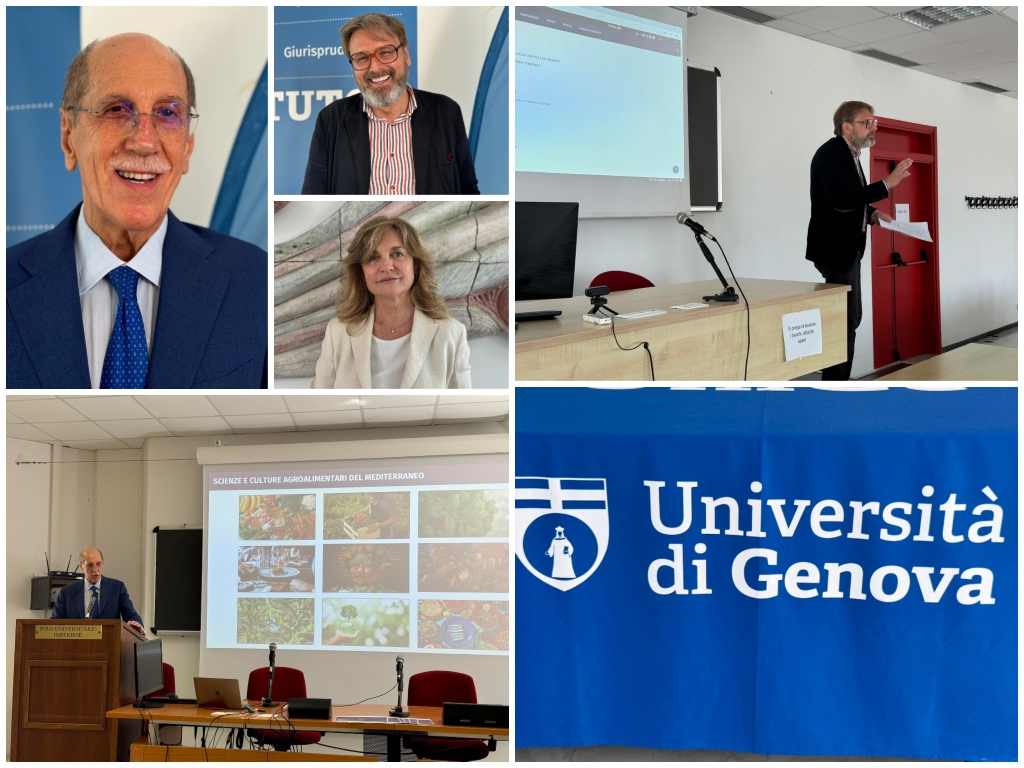Man Utd Transfers: Will Amorim Repeat Solskjaer's Mistake With Top Young Talent?

Table of Contents
Manchester United's transfer policy has been a rollercoaster for fans. A history filled with both brilliant young signings and costly misjudgments leaves a lingering question: will the club learn from past errors, especially those under Ole Gunnar Solskjær, regarding the development of top young talent? This article delves into Manchester United's player recruitment approach, analyzing whether the current regime can avoid repeating the mistakes of the past and successfully integrate young players into the first team.
Solskjaer's Handling of Young Talent – A Case Study
Successes and Failures:
Ole Gunnar Solskjaer's tenure at Manchester United presented a mixed bag regarding youth development. Mason Greenwood, for example, initially showcased immense potential, bursting onto the scene with impressive goalscoring ability. However, his career trajectory was tragically derailed by off-field issues, highlighting the complexities of nurturing young talent at the highest level. Conversely, several promising academy graduates failed to secure consistent first-team opportunities, ultimately hindering their development and leaving their potential untapped.
- Analysis of Solskjaer's coaching style and its impact on young players: Solskjaer's generally supportive and nurturing approach fostered a positive environment for some, but lacked the necessary tactical rigor or consistent game time for others to truly flourish. The lack of clear pathways to the first team was detrimental.
- Examples of players who thrived and those who stagnated under his management: While Greenwood's early success is a prime example of potential fulfilled (albeit short-lived), other players like Angel Gomes and Tahith Chong struggled to gain consistent minutes and eventually left the club seeking regular playing time elsewhere. This points to a potential failure in effective player integration.
- Discussion of the pressures and challenges faced by young players at a club like Manchester United: The immense pressure at Old Trafford, coupled with the high expectations and intense media scrutiny, can be overwhelming for young players still developing their game. The competition for places amongst established stars is fierce, demanding exceptional talent and mental fortitude.
Amorim's Track Record with Young Players
Sporting CP's Youth Development System:
Rúben Amorim's time at Sporting CP provides a contrasting perspective. He built a reputation for successfully integrating young players into a competitive team. Sporting CP has a strong youth system, known for producing talented players for both the domestic league and international competitions. Amorim effectively utilized this system to bolster his first team.
Tactical Flexibility and Player Suitability:
Amorim's tactical flexibility is a key aspect of his success. He adapts his formations and strategies to maximize the strengths of his players, including younger ones. This adaptability allows him to find roles for players with differing skillsets, making him more effective than a manager employing a rigid system.
- Specific examples of players nurtured under Amorim at Sporting CP and their subsequent careers: Players like Nuno Mendes and Pedro Porro thrived under Amorim's tutelage, showcasing their talent and subsequently attracting interest from top European clubs. This demonstrates a systematic approach to youth development and integration into the first team.
- Comparison of Sporting CP's youth structure with Manchester United's academy: Both clubs boast impressive academy structures, but the approach differs. Sporting CP may have a more streamlined pathway to first-team football, potentially providing a more conducive environment for younger players' progress. Manchester United's vast squad and established stars can create a steeper climb for young hopefuls.
- Assessment of whether Amorim's style aligns with the needs and potential of United's young players: Amorim's willingness to promote young talent and flexible tactical approach suggests a potentially smoother transition for young players at Manchester United compared to previous regimes. However, the demands of the Premier League present a significant step-up in competition.
Potential Risks and Opportunities for Manchester United
The Pressure Cooker Environment:
Old Trafford's high-pressure environment presents a major challenge for young players. The relentless scrutiny from fans, media, and pundits can negatively impact their confidence and performance if not handled correctly. This is a hurdle Amorim must overcome to avoid repeating the mistakes of previous managers.
Competition for First-Team Spots:
Manchester United's current squad is packed with established stars, creating fierce competition for places. Young players will need to demonstrate exceptional talent and consistency to break into the starting lineup regularly. This means only the most talented and resilient young players will have realistic first-team opportunities.
- Discussion of the financial implications of investing in young talent versus experienced players: Investing in young players is often considered a more cost-effective approach in the long term but requires patience. Immediate success may favor experienced signings, but the long-term benefits of a successful academy can be substantial.
- Examination of the club's support structures for young players' development (coaching staff, medical support, etc.): Manchester United’s investment in its youth academy infrastructure and support staff is crucial to nurturing young players. Adequate support systems will help to alleviate some of the pressures of intense competition.
- Prediction of which young players are most likely to succeed under Amorim: Players demonstrating versatility, tactical intelligence, and an ability to adapt quickly to the demands of the Premier League will likely fare best under Amorim's system.
Conclusion:
This article explored the potential parallels between Ole Gunnar Solskjaer's and Amorim's approach to developing young talent at Manchester United. Solskjaer's tenure showed a mix of success and failure in integrating youth, highlighting the challenges inherent in managing young players at such a high-pressure club. Amorim’s record at Sporting CP offers hope, emphasizing a potential pathway to avoid those past mistakes. The success of Manchester United's transfer strategy, and their youth development in particular, hinges on adapting to the Premier League's unique pressures and avoiding repeating past errors.
Call to Action: What are your thoughts? Do you think Amorim can avoid repeating Solskjaer's mistakes with Manchester United's young talent? Share your predictions on Man Utd transfers and the future of the club's youth development in the comments below!

Featured Posts
-
 Krah Federerovih Rekorda Uspeh Dokovica
May 14, 2025
Krah Federerovih Rekorda Uspeh Dokovica
May 14, 2025 -
 Selin Dion Biografichni Dani Stan Zdorov Ya Ta Aktualni Podiyi
May 14, 2025
Selin Dion Biografichni Dani Stan Zdorov Ya Ta Aktualni Podiyi
May 14, 2025 -
 Immigration Et Oqtf Temoignages De La Cote D Or Sur La Situation Franco Algerienne
May 14, 2025
Immigration Et Oqtf Temoignages De La Cote D Or Sur La Situation Franco Algerienne
May 14, 2025 -
 Orari Di Passaggio Milano Sanremo 2025 E Sanremo Women In Provincia Di Imperia
May 14, 2025
Orari Di Passaggio Milano Sanremo 2025 E Sanremo Women In Provincia Di Imperia
May 14, 2025 -
 Haiti Guevenlik Krizi Protestolar Ve Uluslararasi Tepkiler
May 14, 2025
Haiti Guevenlik Krizi Protestolar Ve Uluslararasi Tepkiler
May 14, 2025
